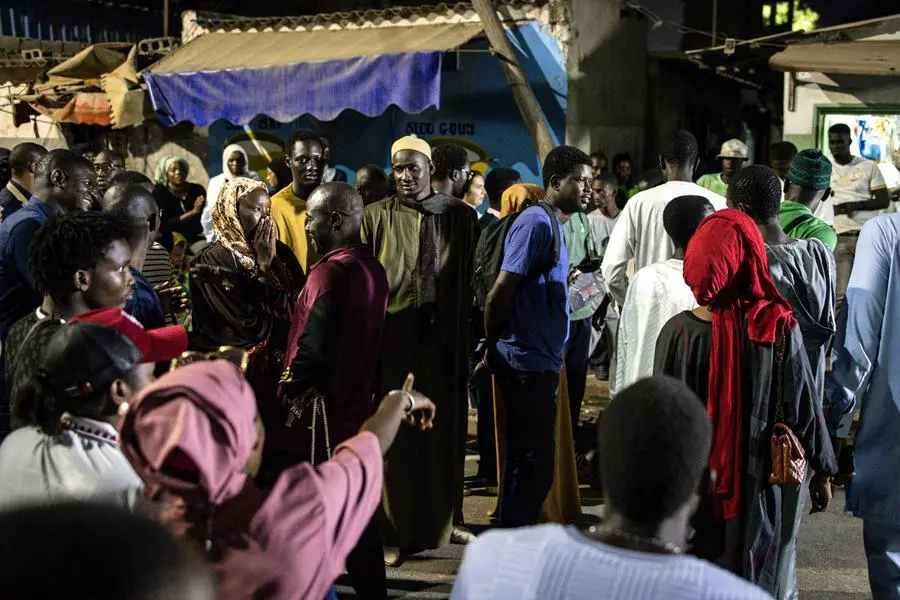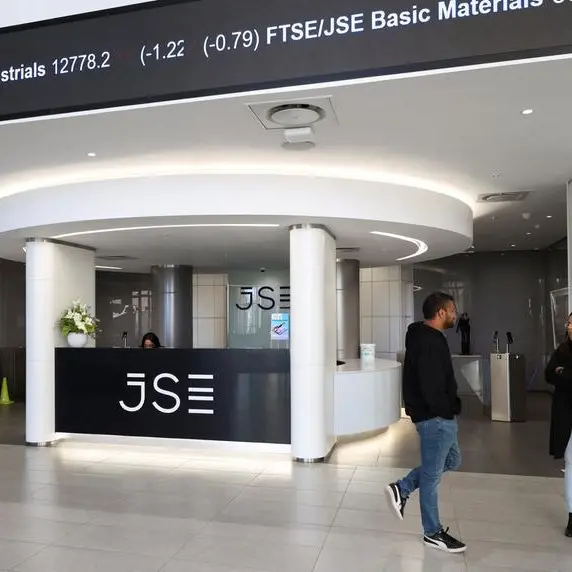PHOTO
The serene golden beaches of Senegal's sweeping Atlantic coast seem a far cry from deadly unrest that has rocked the country since the abrupt delay of this month's presidential election.
But locals working in Saly, a prime tourist hotspot, are feeling the repercussions on their business.
"It's very hard here this February. There aren't many people around," said Adjo Fatou Sene, 39, who sells souvenirs on the beach.
"People are afraid to come here."
Three people have been killed in protests since President Macky Sall postponed the February 25 vote until December.
The February 3 move sparked Senegal's worst political crisis in decades, prompted international concern as well as fears about the economy business.
The decision by the country's Constitutional Council to overturn the vote delay will now prolong the period of uncertainty.
Normally at this time of year, Saly's beaches are packed with European tourists searching for winter sun.
But Sene said there were fewer visitors this season than at the same time last year.
"If there is no tourism, it's a bad thing for us," she said.
"If we don't sell anything, we can't feed our children."
Sene normally makes 15,000-20,000 CFA francs ($24 to $32) per day selling jewellery, bags and fabrics to tourists.
This year, she said she's earning between 2,500 and 5,000 CFA francs ($4 and $8).
In 2022, Senegal's tourism sector accounted for almost seven percent of GDP and around eight percent of jobs, according to World Travel and Tourism Council data.
The peak season runs generally from November to the end of April and provides a key lifeline to many coastal communities.
Pape Berenger Ngom, president of the Senegal Hotel and Restaurant Professionals' Association, estimated that around 25 to 30 percent of reservations had been cancelled nationwide following the political turmoil.
"That's huge in an industry like tourism... there are many areas in Senegal where people live solely off tourism," he added.
A world away
But a very different story was playing out further along the beach at Saly's four- and five-star resorts.
Delphine Oger, who runs the four-star Royam Hotel, said that her 117 rooms were full.
"There's no impact on the arrival of our tourists at the hotel, or at least I haven't had any cancellations," she said.
"People don't actually seem worried about what's going on. Not at all."
All the tourists interviewed by AFP at the resorts said they were aware of the current political situation, but it hadn't changed their travel plans.
Many said they felt unaffected by what was going on some 90 kilometres (56 miles) away in the capital Dakar, with Saly's hotels offering peace and security.
"There is very good protection here somehow for the foreigners," said Dutch tourist Emil Pronk, 80, referring to the hotel sites behind him, many of which have security guards and barriers at the entrance.
Land of 'hospitality'
Senegal's image as a bastion of stability in West Africa has helped the country to promote itself as a holiday destination.
Since 2014, the Agency for Tourism Promotion has marketed it as the Land of "Teranga" -- a Wolof word which roughly translates as "hospitality".
But some in the sector fear the violence triggered by the political manoeuvres in Dakar could dent Senegal's reputation.
"Senegalese Teranga is always being abused... whenever the politicians, the opposition don't get along, it's the tourism sector that pays the price," said Mouhamed Faouzou Deme, who heads a group of over 300 tourism industry stakeholders.
Away from Saly's big resorts, fears linger about how long small businesses can survive the hit.
"I'm getting fewer people, only at weekends, whereas it used to be packed with people," said Daouda Diop, 42, who runs a beachside restaurant.
Diop also organises excursions and said demand had dropped in comparison to previous seasons.
In mid-afternoon, his only customers were a retired Corsican couple who said they had been coming to Senegal for over two decades.
Their faith in the country as a welcoming destination has not faltered, they said.
"I've got friends who were supposed to come but they cancelled, because they're afraid. It's a shame. But well, nothing's ever really happened here," said 73-year-old Marie-France.
"In Dakar maybe, but not in Saly."





















